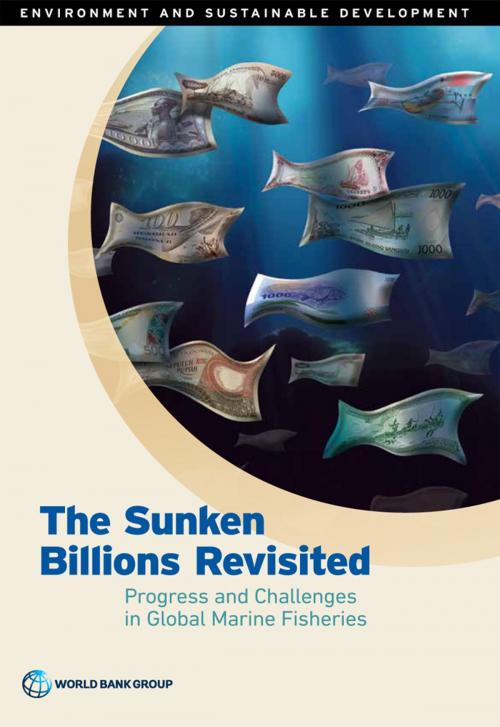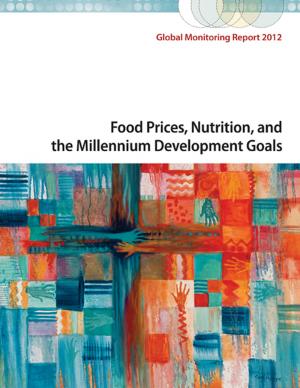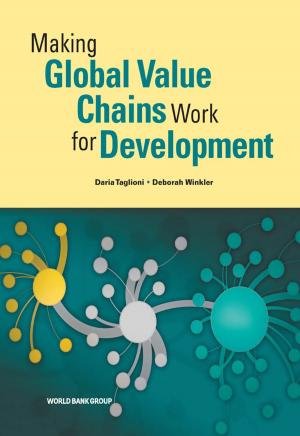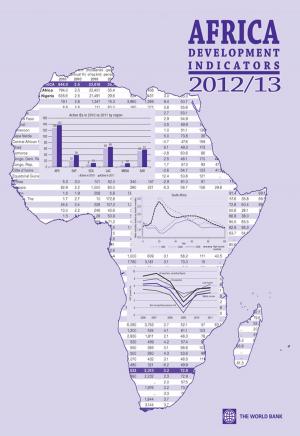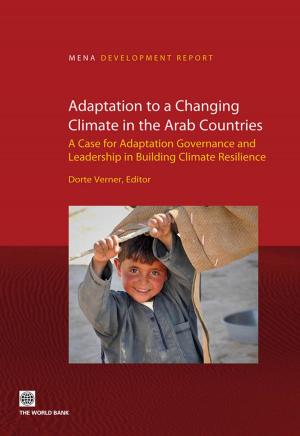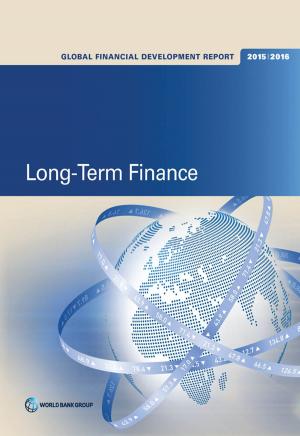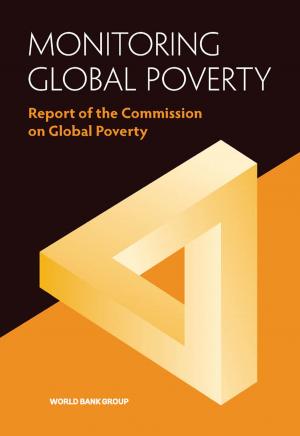The Sunken Billions Revisited
Progress and Challenges in Global Marine Fisheries
Nonfiction, Science & Nature, Technology, Fisheries & Aquaculture, Business & Finance, Industries & Professions, Industries, Economics| Author: | World Bank | ISBN: | 9781464809477 |
| Publisher: | World Bank Publications | Publication: | February 10, 2017 |
| Imprint: | World Bank Publications | Language: | English |
| Author: | World Bank |
| ISBN: | 9781464809477 |
| Publisher: | World Bank Publications |
| Publication: | February 10, 2017 |
| Imprint: | World Bank Publications |
| Language: | English |
This report updates previous studies that measured in economic terms the extent of biological losses attributable to overfishing globally. The new estimates assess these 'sunken billions' at $83 billion annually. The report further shows that a clear path can lead to the recovery of these considerable losses, including through significant reduction in global fishing overcapacity. A breakdown between regions is also included, showing that the effort needed to achieve this reform will not be felt equally throughout the world. While the cost of such reform will likely be high, the expected benefits include an increase in biomass by a factor of 2.7, increase in annual harvests by 13 percent, and a 30-fold increase in annual net benefits accrued to the fisheries sector (from $3 billion to $86 billion annually). This urgent call for action is reinforced by the impacts of climate change on fish stocks and fisheries worldwide.
This report updates previous studies that measured in economic terms the extent of biological losses attributable to overfishing globally. The new estimates assess these 'sunken billions' at $83 billion annually. The report further shows that a clear path can lead to the recovery of these considerable losses, including through significant reduction in global fishing overcapacity. A breakdown between regions is also included, showing that the effort needed to achieve this reform will not be felt equally throughout the world. While the cost of such reform will likely be high, the expected benefits include an increase in biomass by a factor of 2.7, increase in annual harvests by 13 percent, and a 30-fold increase in annual net benefits accrued to the fisheries sector (from $3 billion to $86 billion annually). This urgent call for action is reinforced by the impacts of climate change on fish stocks and fisheries worldwide.
